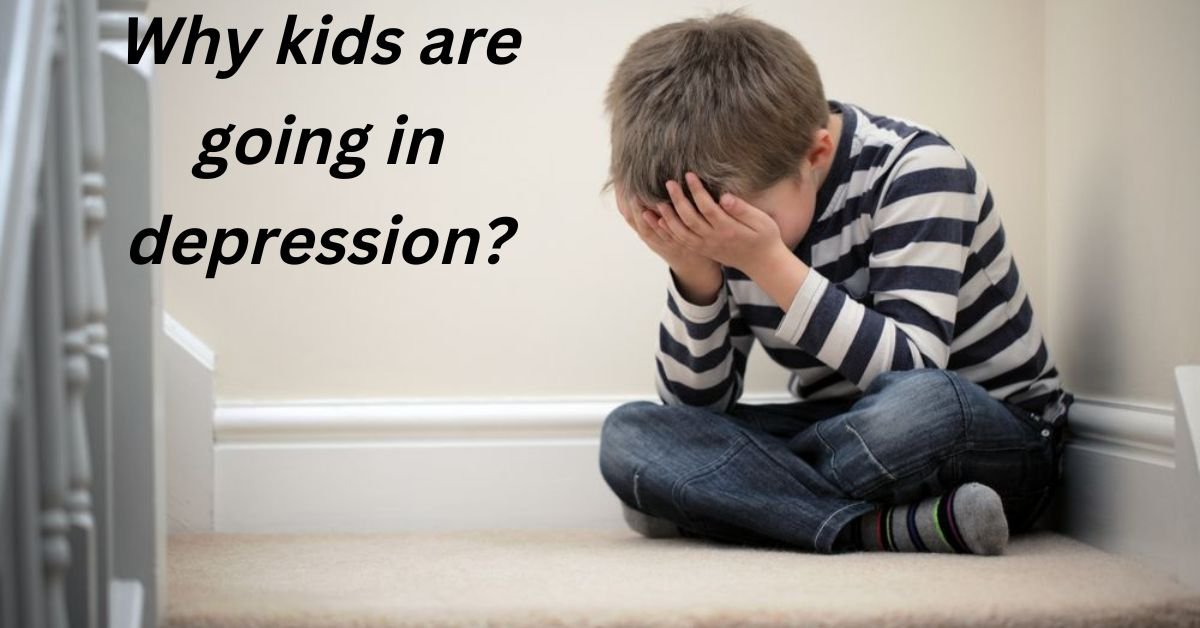Why kids are going in depression?
Depression is really the worst thing in life. It spoils the health of the brain and mind.
Depression appears in men, women, and kids as well. Depression in kids matters a lot because it happens when the kids are bullied or under stress.
Kids who are depressed don’t act normal in their lives.
It is now so common that every second child is affected by this problem.
And its not a good sign for their health.
Depressed kids screaming,sit alone and so many other that kid will do in their life and its not normal thing.
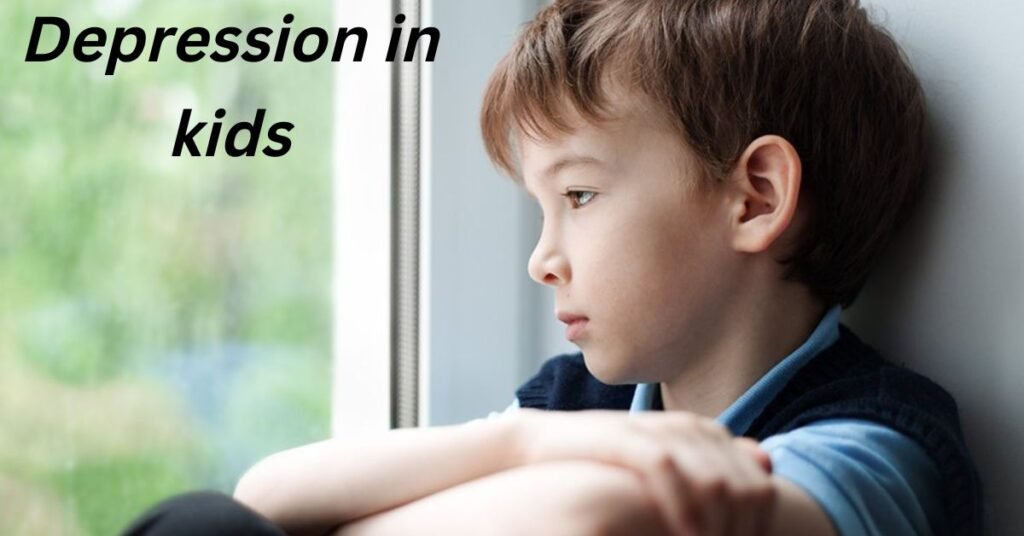
Depression in kids:
Depression in kids means that the kid feels sad or stressed in their daily routine.
They didn’t take interest in anything.Their way of lifestyle changed day by day.
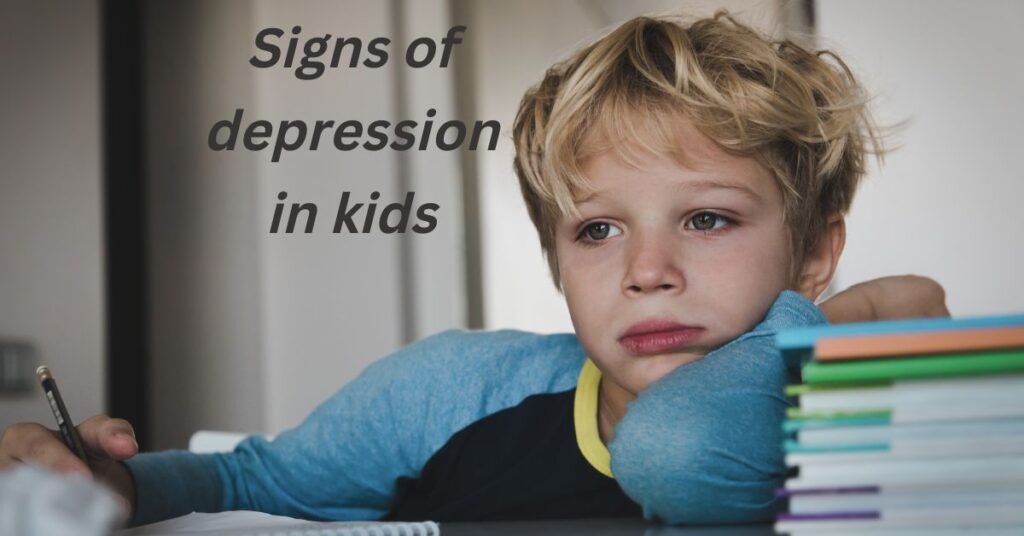
Sign of depression in kids:
The following are some of the warning signs that your kid may be obsessed:
1.feeling down all day
2.lifelong depression
3.lack of motivation
3.rearranging sleeping and eating habits
4.other mental health issues
5.lonely time spent contemplating one’s hopelessness.
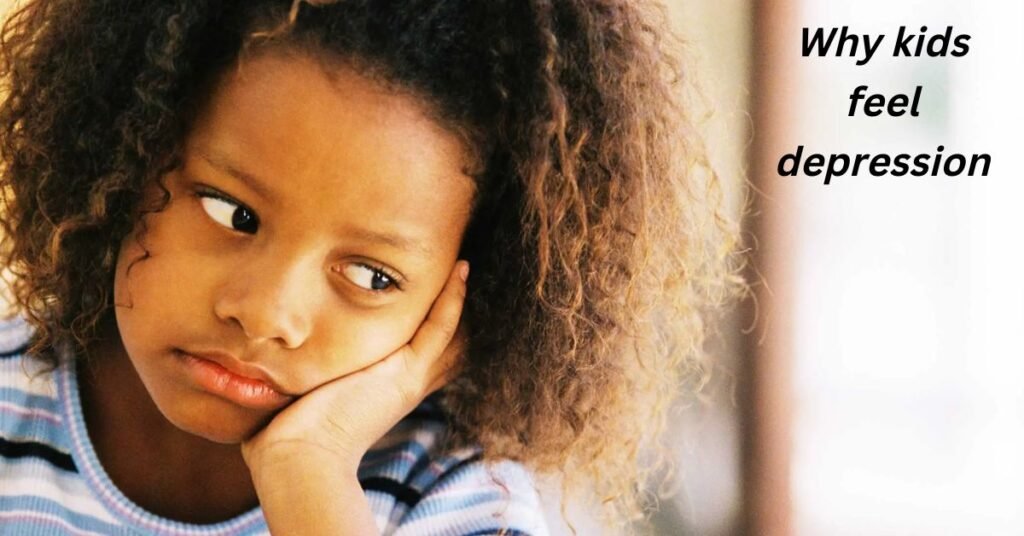
Why kids feel depression?
Possible causes of depression in kids include a number of different things.
Even though these factors probably won’t explain why the person has a mood disorder, they could play a role.
The likelihood of a child developing depression is raised by the following:
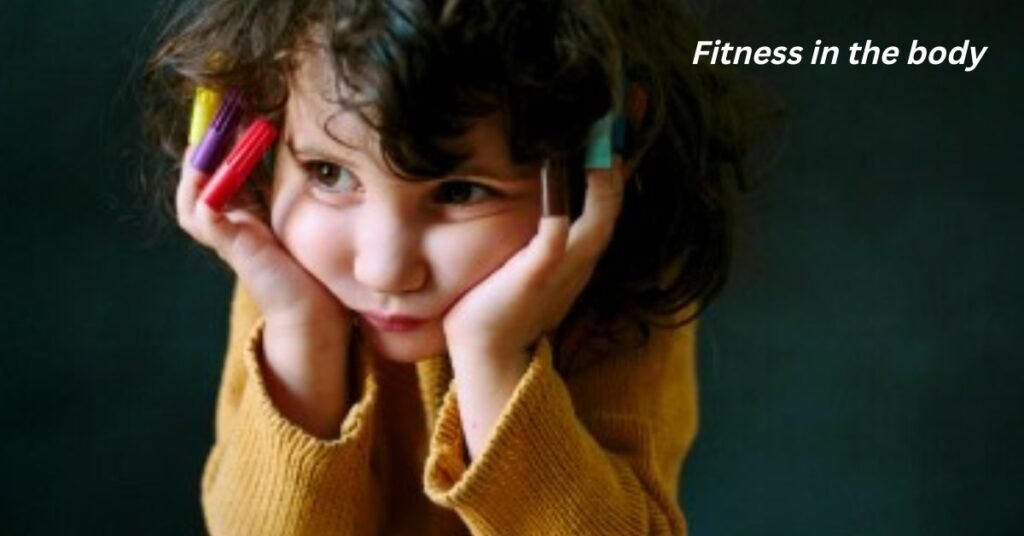
1.Fitness in the body:
Most of our houses treat kids badly. Kids with life-threatening or long-lasting medical conditions are at increased risk for depression.
Obesity is included in this category.
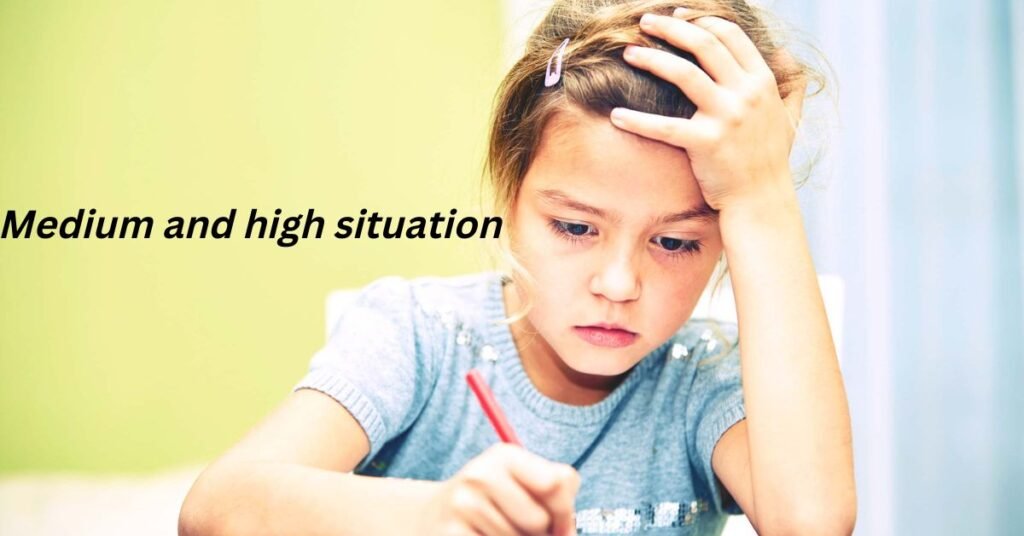
2.Medium- and high situations:
Alterations in a child’s environment at home, school,
Or among friends can raise the probability that the child will experience depressive symptoms.
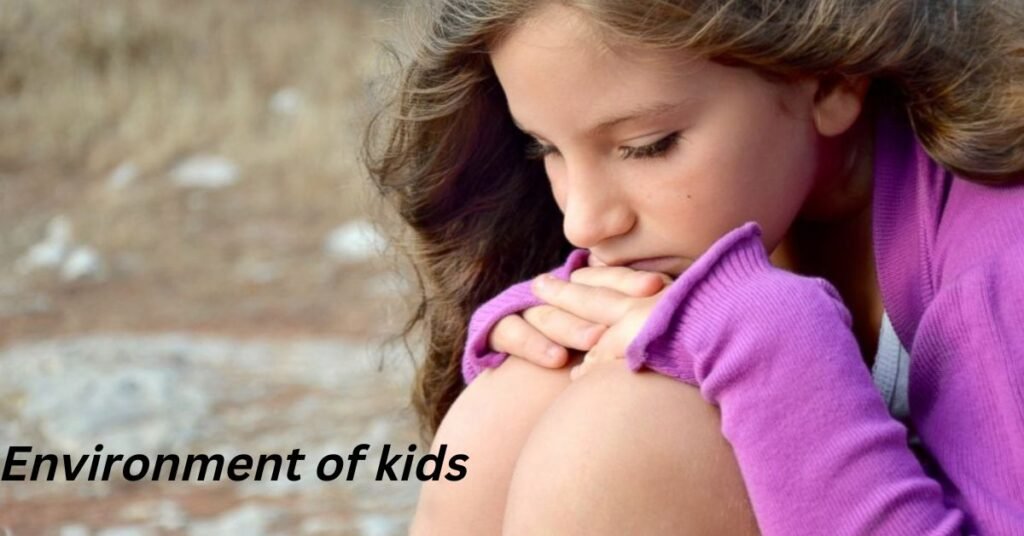
3.Environment of kids:
A child is more likely to develop a mood disorder like depression if his or her home life is disorganized or stressful.

4.Relationships within a family:
Young people with a family history of depression or other mood disorders are at a higher risk of developing the disorder themselves.
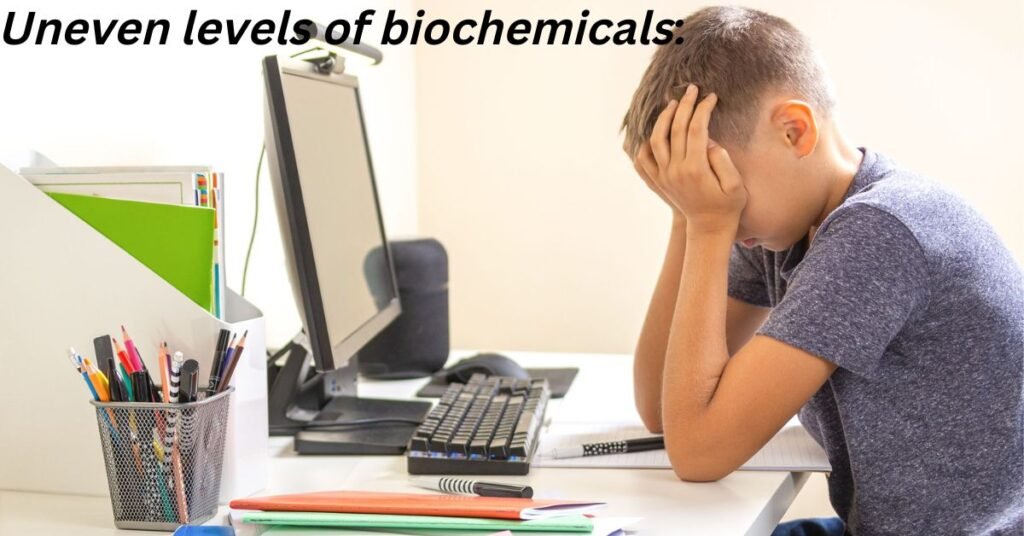
5.Uneven levels of biochemicals:
Changes in brain function may be caused by hormonal and chemical imbalances. The possibility of developing depression is raised.
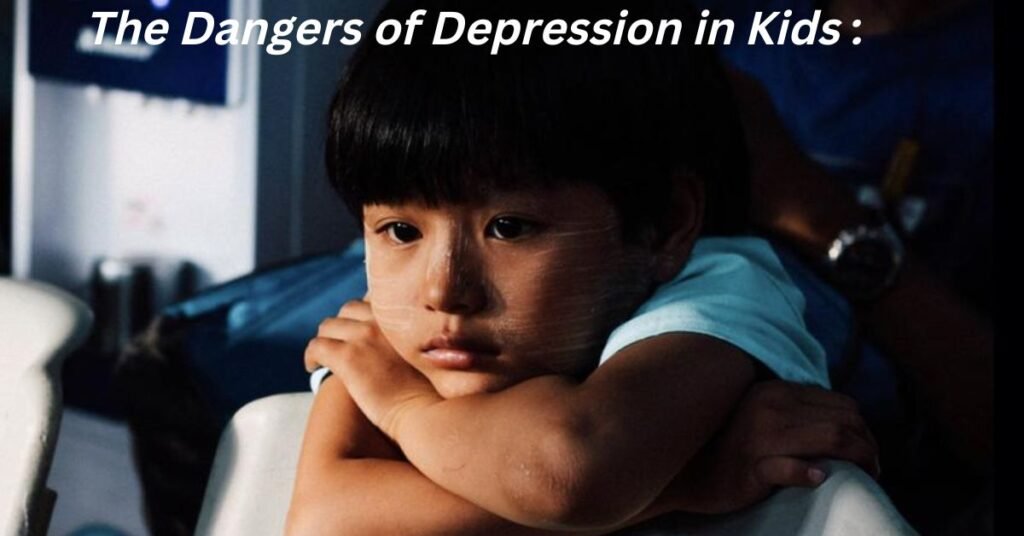
The Dangers of Depression in Kids :
Depressive disorders in children are very real, but they can be helped. Neglecting treatment can have lasting effects on children.
Some of these issues are:
1.Self-harming or thoughts of suicide ideas or actions
2.Symptoms of crying getting worse
3.The duration and severity of future depressive episodes are likely to be worsened.
4.Alternative mood disorders
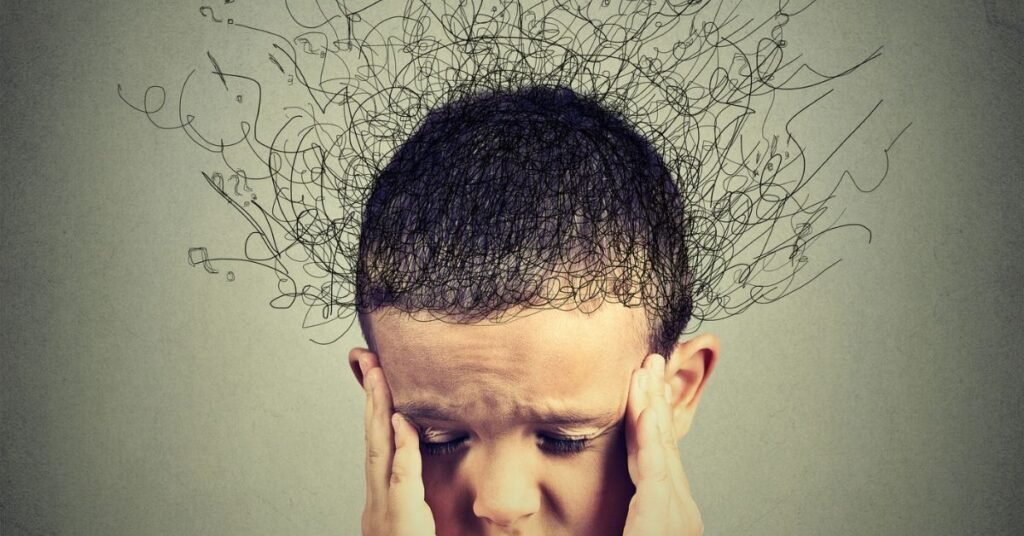
Truths about children’s depression :
Depression has far-reaching effects, not just on a person’s disposition.
As a result, it can have an impact on their behavior and academic performance.
This can have consequences on their mood, ability to concentrate, and appetite.
Physical symptoms, such as headaches and stomachaches, are sometimes a result of depression.
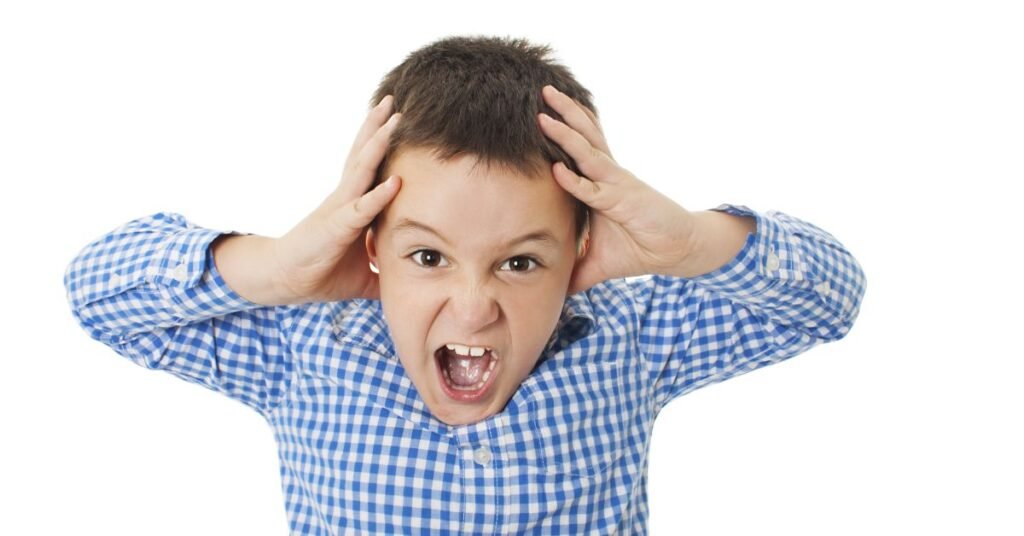
Is It Possible to Stop Depressive Illness in kids?
If there is a history of depression in the family, the odds of a child developing depression are higher.
Kids whose parents are depressed are more likely to experience depression themselves at a younger age.
It has been found that children who come from homes
where there is a lot of tension or instability are more likely to suffer from depression.
kids who engage in excessive alcohol and drug usage are also a problem.
Conclusion:
A common problem in basic care, but one that frequently goes unrecognized and untreated, is depression.
The risk of illness and death from depression is increased when it is left untreated.
Depressed mood or generalized symptoms are what sad people typically talk about instead of depression itself.
To avoid unnecessary hospitalizations, all clinicians should screen their patients for depression.
Multiple depression screening tools are useful in primary care settings.
Depression spectrum disorder can be diagnosed with the use of a thorough medical history,
Physical examination, initial set of laboratory tests, and mental state examination (including bipolar disorder).

